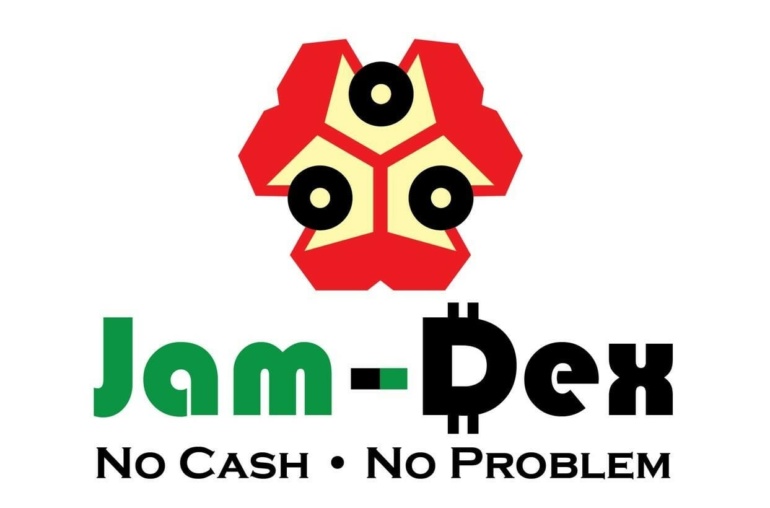
As investors anticipate interest rate hikes, the potential ripple effects have left some concerns for vulnerable countries.
The International Monetary Fund (IMF) has expressed concerns for emerging economies. This is because the act of the Federal Reserve raising interest rates can send shock waves into the financial system of developing countries.
According to the blog post, budding markets which are characterized by high debts, Forex exposure and low current account balance experienced a higher cash flow of their local currency compared to the US dollar. They highlighted that slower growth and higher vulnerabilities could cascade into a sharp decline in their economic activities.
The monetary body stated that some emerging markets are already making considerable efforts to adjust their economic policies. These also include scaling back fiscal support to reduce debt and inflation levels. Developing markets should act based on their peculiar market conditions to cushion the effect of tighter funding conditions.
Furthermore, advice from the IMF emphasized the need for developing countries to devalue their local currency. It believes that this move will ease the effect of any interest rate increase.
How developing economies are responding to this imminent change
Emerging markets like Nigeria’s already seem to be facing challenges in line with what the IMF is suggesting regarding devaluation. In a monetary policy committee meeting held in September 2020, Governor of the Central Bank of Nigeria, Godwin Emefiele, said:
“So far, evidence has not supported the rising inflation to monetary factors but rather, evidence suggests non-monetary factors (structural factors) as the overwhelming reasons accounting for the inflationary pressure.”
As described in the report, a solution to this trade-off is to strengthen the policy framework and reduce vulnerability.
This advice is coming at a time when the Nigerian naira continues to weaken against the US dollars. The currency dropped from N410 per dollar in May last year to N416.25 at the official foreign exchange window.
Meanwhile, in Argentina, the fintech space appears to be leaning more towards the adoption of digital currencies. According to a recent report, Strike, a Bitcoin lightning network-powered wallet, has announced its launch. The CEO, Jack Mallers, believes that his company can leverage digital currencies to liberate its citizens from hyperinflation and exploitative remittance structure.
Inflation in Argentina rose to about 50% in 2021. Despite the desperate effort from the government to curb its effects, consumer prices have soared by 32.3%. Like many other emerging economies, these changes have left people in despair, needing a haven like Bitcoin. An increased interest rate will further heighten this situation should it happen.
Where Bitcoin stands in this equation
Concerns among investors have left the global market in uncertainty regarding the effect of a possible interest rate hike in 2022. Historical evidence has shown that this move will reduce liquidity, eventually causing market participants to become more risk-averse. This behaviour is mostly characterized by a significant sell-off of risk assets and reduced economic activities.
Market analyst tweeted his thoughts on the inverse correlation between Nasdaq-100 Futures and 10-year Treasury yield, as seen in the chart below. His position implies that market conditions will most likely nosedive with an increased interest rate.
An inverse correlation between Nasdaq-100 Futures and 10-year Treasury yield
Source: @calebfranzen
Digital assets, on the other hand, seem to be bucking the trend. Despite Bitcoin being categorized as a risk asset, statistical data have revealed that its price has positively correlated with interest rates. Another market analyst made a tweet supporting this narrative. He implied that investors still consider Bitcoin as an inflation hedge.
Similarly, a famous crypto influencer, Anthony Pompliano, expressed his thoughts in a podcast highlighting various possible scenarios.
Consequently, more developing countries with unfavourable market conditions have turned to digital assets like Bitcoin. A recent example is Turkey, where investors desperately seek to store their value in the face of a depleting Lira.
Going by historical trends, it is easy to see that a rising interest rate will squeeze out a lot of economic activities. This development may send tremor into other growing economies around the world. However, it is yet to be seen if more countries will turn to Bitcoin amidst the frustrating market conditions.
Kingsley is a fintech writer with over 4 years of experience covering blockchain and cryptocurrency news. Alo first discovered Bitcoin in 2016 and has been passionate about it ever since, particularly the various ways blockchain can help Africa and the world at large. He desires to give the crypto space a more geographically balanced narrative and serve as a bridge between Africa and the rest of the world. His articles have been featured in Cointelegraph, Beincrypto, and Forkast.news, among others.


